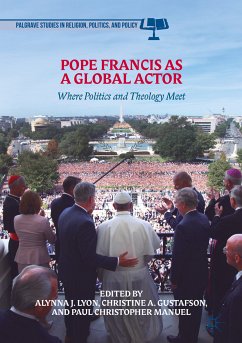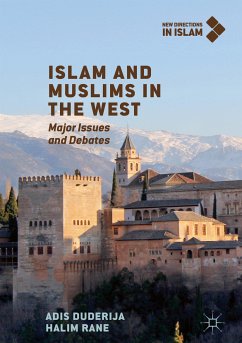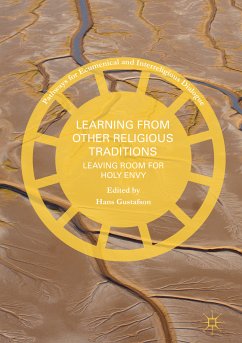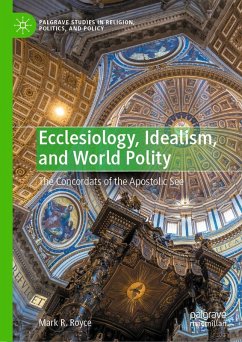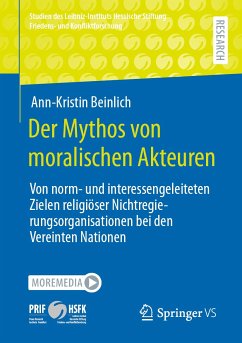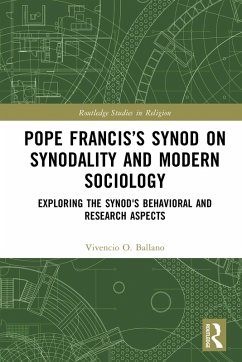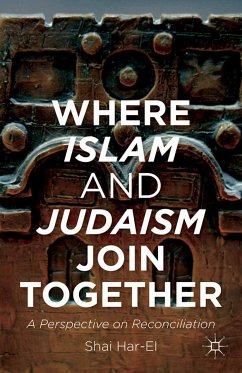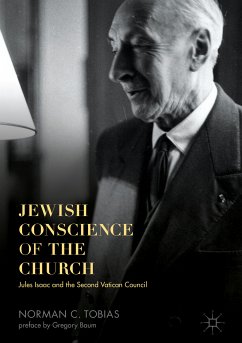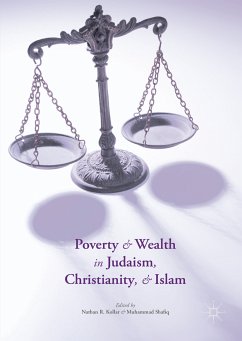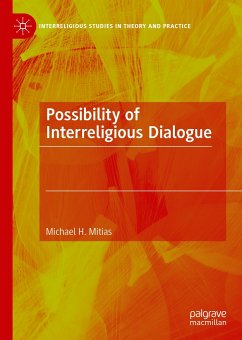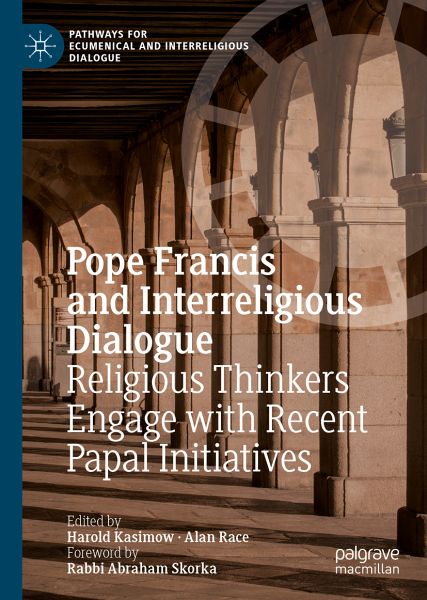
Pope Francis and Interreligious Dialogue (eBook, PDF)
Religious Thinkers Engage with Recent Papal Initiatives
Redaktion: Kasimow, Harold; Race, Alan
Versandkostenfrei!
Sofort per Download lieferbar
72,95 €
inkl. MwSt.
Weitere Ausgaben:

PAYBACK Punkte
36 °P sammeln!
This book engages thinkers from different religious and humanist traditions in response to Pope Francis's pronouncements on interreligious dialogue. The contributors write from the perspectives of Judaism, Christianity, Islam, Hinduism, Sikhism, Buddhism, and Humanism. Each author elaborates on how the pope's openness to dialogue and invitation to practical collaboration on global concerns represents a significant achievement as the world faces an uncertain future. The theological tension within the Catholic double commitment to evangelization on the one hand, and dialogue on the other, remain...
This book engages thinkers from different religious and humanist traditions in response to Pope Francis's pronouncements on interreligious dialogue. The contributors write from the perspectives of Judaism, Christianity, Islam, Hinduism, Sikhism, Buddhism, and Humanism. Each author elaborates on how the pope's openness to dialogue and invitation to practical collaboration on global concerns represents a significant achievement as the world faces an uncertain future. The theological tension within the Catholic double commitment to evangelization on the one hand, and dialogue on the other, remains unresolved for most writers, but this does not prevent them from praising the strong invitation to dialogue-especially with the focus on justice, peace, and ecological sustainability.
Dieser Download kann aus rechtlichen Gründen nur mit Rechnungsadresse in A, B, BG, CY, CZ, D, DK, EW, E, FIN, F, GR, HR, H, IRL, I, LT, L, LR, M, NL, PL, P, R, S, SLO, SK ausgeliefert werden.



